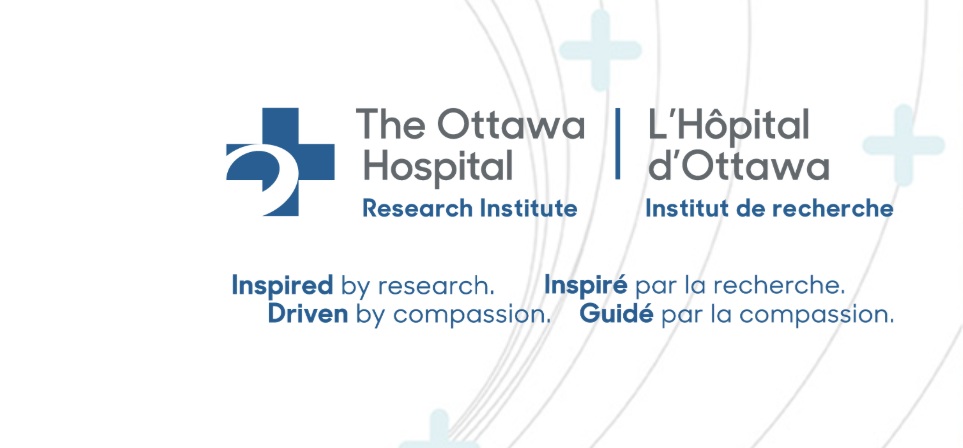Building and maintaining functional resilience through physical activity & exercise after solid organ transplantation
This research project aims to promote resources designed to enhance long-term health of transplant recipients through physical activity and exercise. Our goal is to nurture a “training for life” approach that highlights the importance of active living, independence, productivity, and social connection. T
his research project has four main objectives:
First, we want to bring together a diverse, multidisciplinary group made up of individuals with lived experience, clinicians, researchers, and stakeholders to help advance the field of physical activity and exercise after solid organ transplantation, all while focusing on active living, independence, productivity, and social engagement.
Second, we will build on existing resources to improve long-term physical activity and exercise outcomes for post-transplant recipients.
Third, we will create and share accessible educational materials, including an infographic that summarizes physical activity and exercise resources so that every person undergoing solid organ transplantation in Canada can receive this supportive information upon hospital discharge.
Materials developed through this work will be available through CDTRP's YouTube channel, the Patient Portal, and website of transplant centres.


